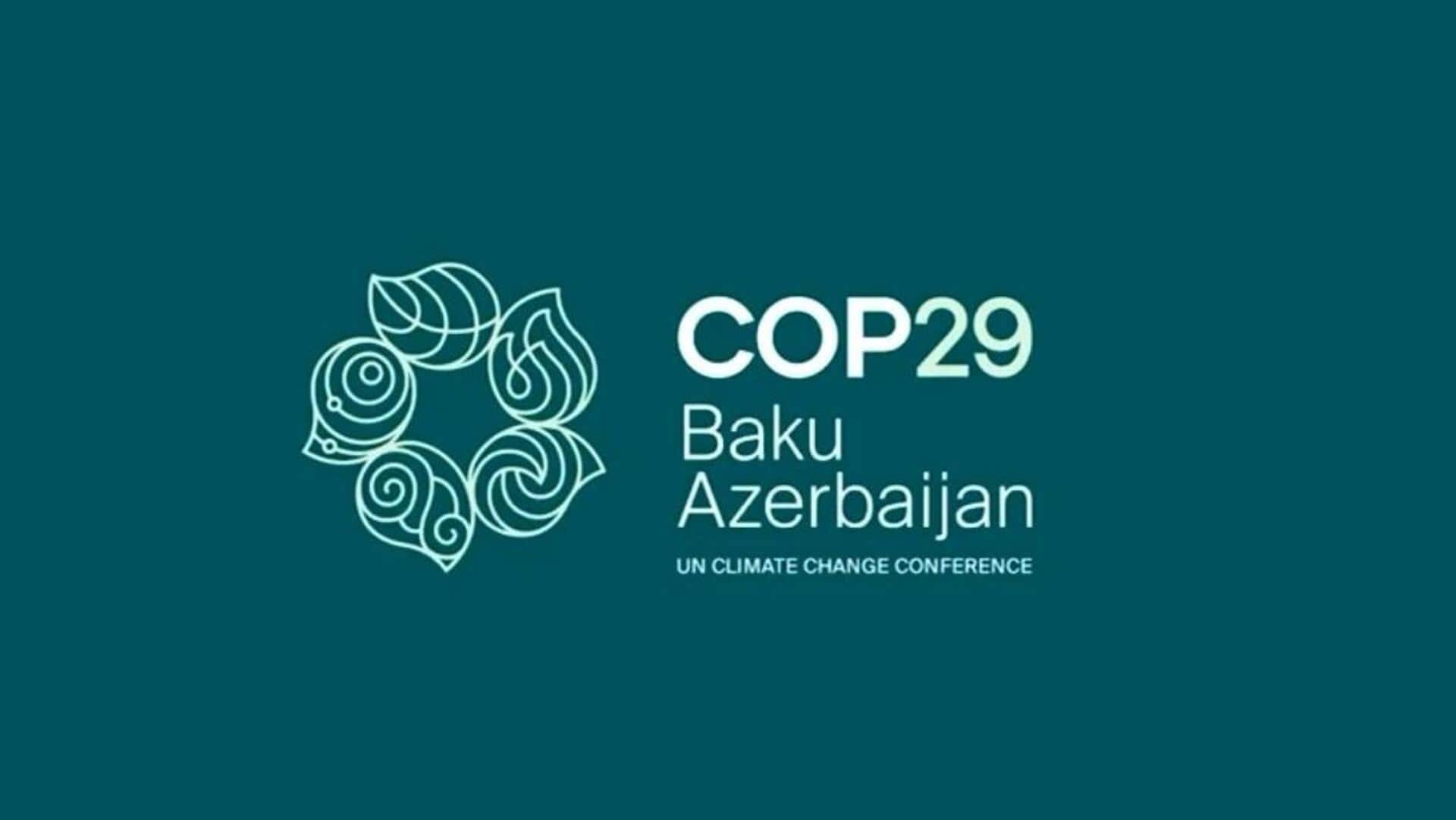
Why India rejected a $300B climate finance package at COP29
What's the story
India has rejected a new climate finance package, proposed at the United Nations Climate Change Conference (COP29). The package promises an annual $300 billion by 2035 for the Global South. However, India slammed the amount as "too little and too distant," contending that it doesn't meet the Global South's demand for $1.3 trillion annually by 2030 to tackle climate change.
Process criticism
India criticizes lack of inclusivity in climate deal process
Chandni Raina, Adviser to the Department of Economic Affairs, expressed India's disappointment with the process. She alleged that India was not given a chance to speak before the deal's adoption, undermining trust and calling the process "stage-managed" and lacking inclusivity. Raina claimed developing nations need at least $1.3 trillion per year by 2030 to effectively combat climate change.
Global support
Nigeria, Malawi, Bolivia support India's stance
Nigeria echoed India's sentiments, calling the proposed climate finance package a "joke." Malawi and Bolivia also supported India's stand. Raina accused developed countries of shying away from their responsibilities and emphasized that developing nations are worst affected by climate change. She noted the difficulties these countries face in shifting to low-carbon pathways because of unilateral measures such as the Carbon Border Adjustment Mechanism by European Union.
Goal shift
New climate finance goal replaces previous $100B pledge
The New Collective Quantified Goal (NCQG), which India rejected, replaces a previous $100 billion pledge made in 2009. The proposal was finalized after negotiations went an extra day and includes various funding sources. While the document mentions a $1.3 trillion target, it calls for joint efforts from all actors—not just developed countries—to achieve this figure by 2035.